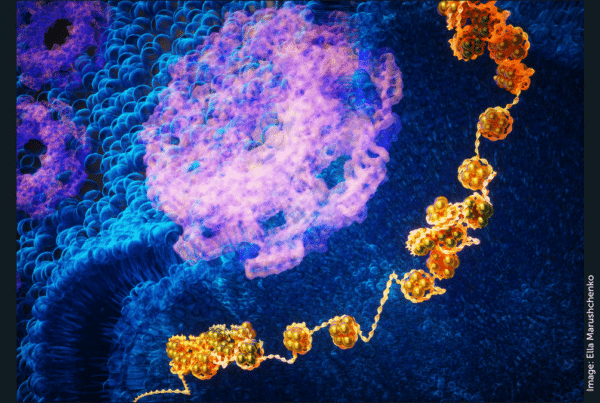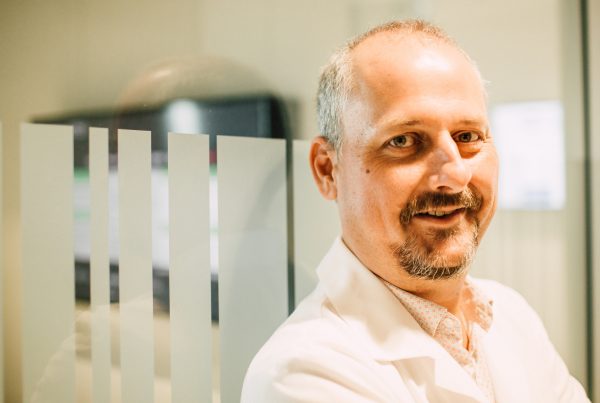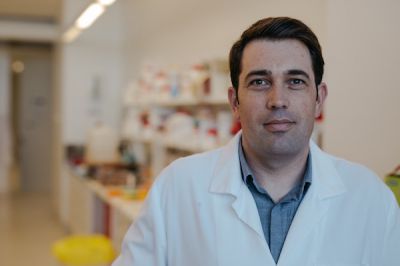Scientists find way to wipe a cell’s memory to better reprogram it as a stem cell
Read More
Our research focuses on a class of enzymes called protein tyrosine kinases (PTKs) and their involvement in cancer. These enzymes function as on/off switches that control many cellular functions, including cell growth, metabolism, differentiation, migration, invasion and metastasis. The Cell Signalling team is particularly interested in non-receptor PTKs of the Src Family Kinase (SFK) subfamily in malignant soft-tissue cancer (sarcoma), which includes bone, muscle, fat cell and connective tissue cancers. We are also interested in these enzymes (SFKs) and their control of red blood cell (RBC) quality and longevity, as high-quality blood transfusions are critical for many cancer patients. Indeed 1/3 of blood donations are used by cancer patients. While clinical trials of PTK inhibitors and other novel targeted therapies are readily achievable for the common cancers (e.g. breast and prostate), for sarcomas which are rare cancers (~1% of all cancers) clinical trials are very difficult to undertake. However, we are utilizing the power of next generation sequencing to undertake a personalized genomic medicine approach to identify sarcoma patients that have DNA/RNA signatures indicating they may respond to specific novel therapies.
Through our research we have developed expertise in manipulating proteins to define their function through partner identification, modified residues, domain/motif roles and subcellular localization. We have established several collaborations to make use of our technical expertise in other research areas including drug metabolism and cardiovascular disease.


